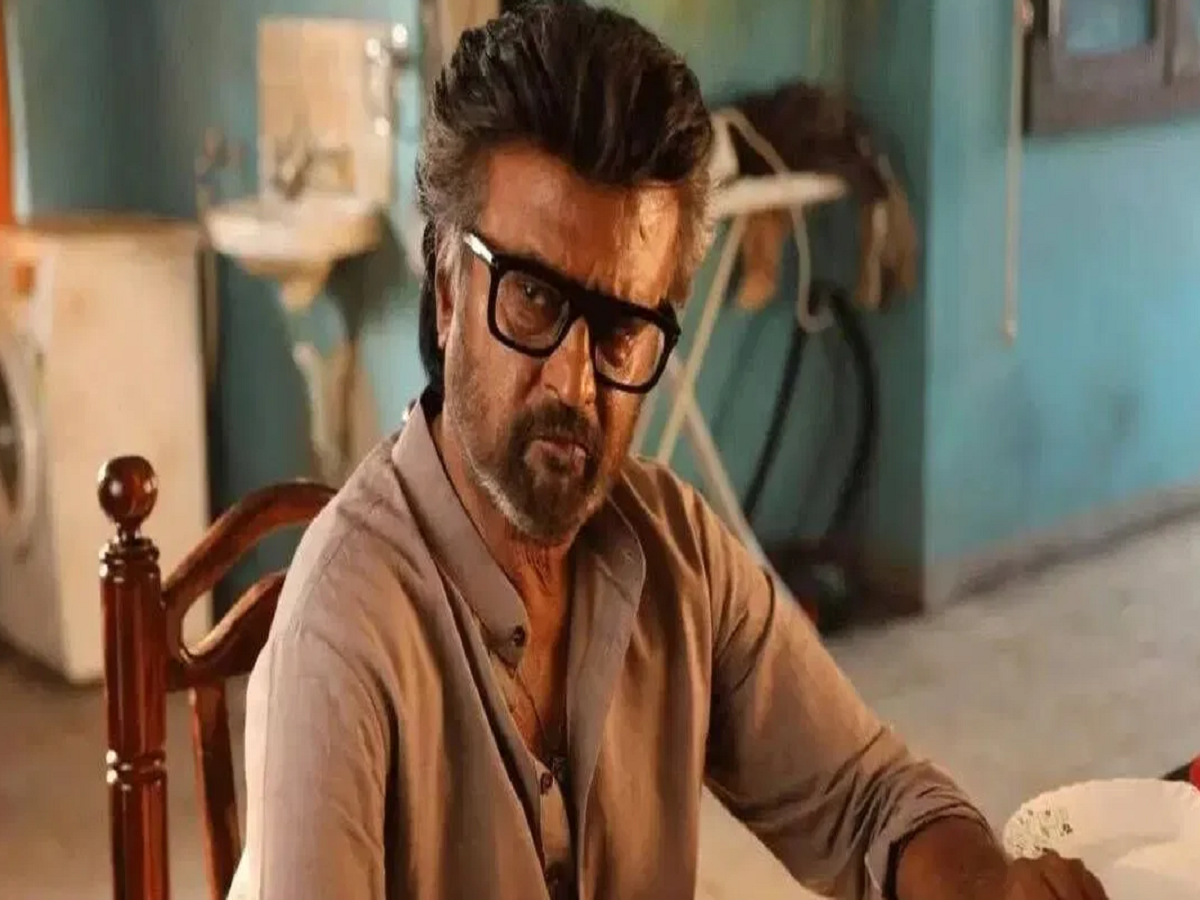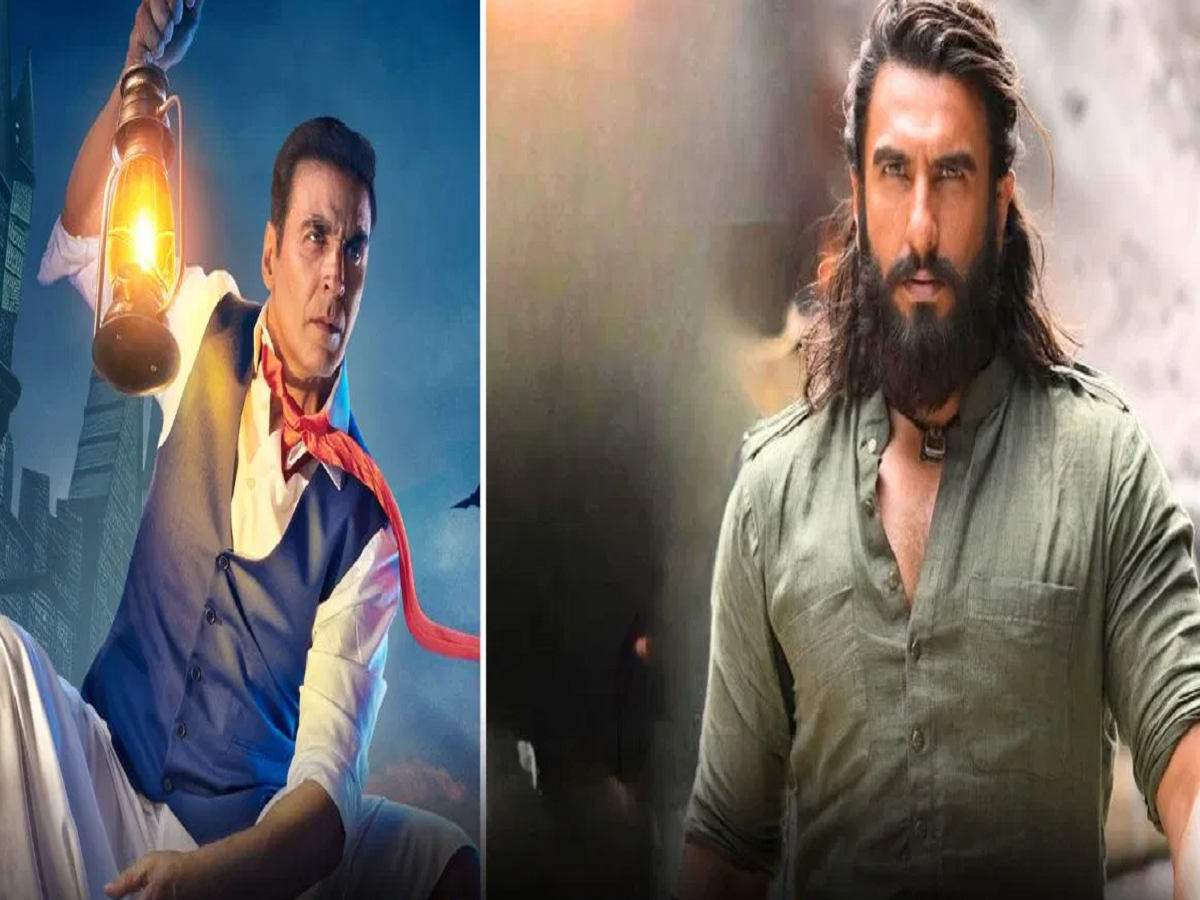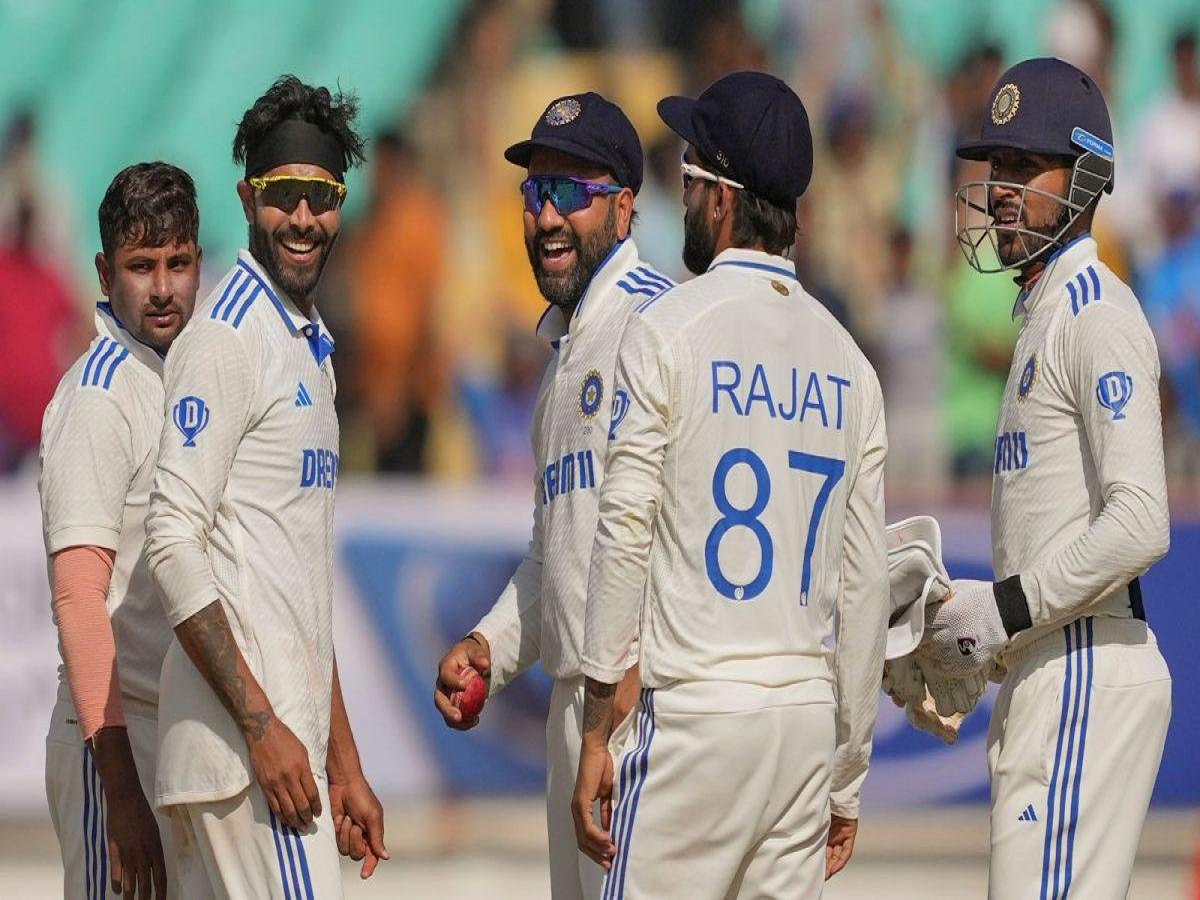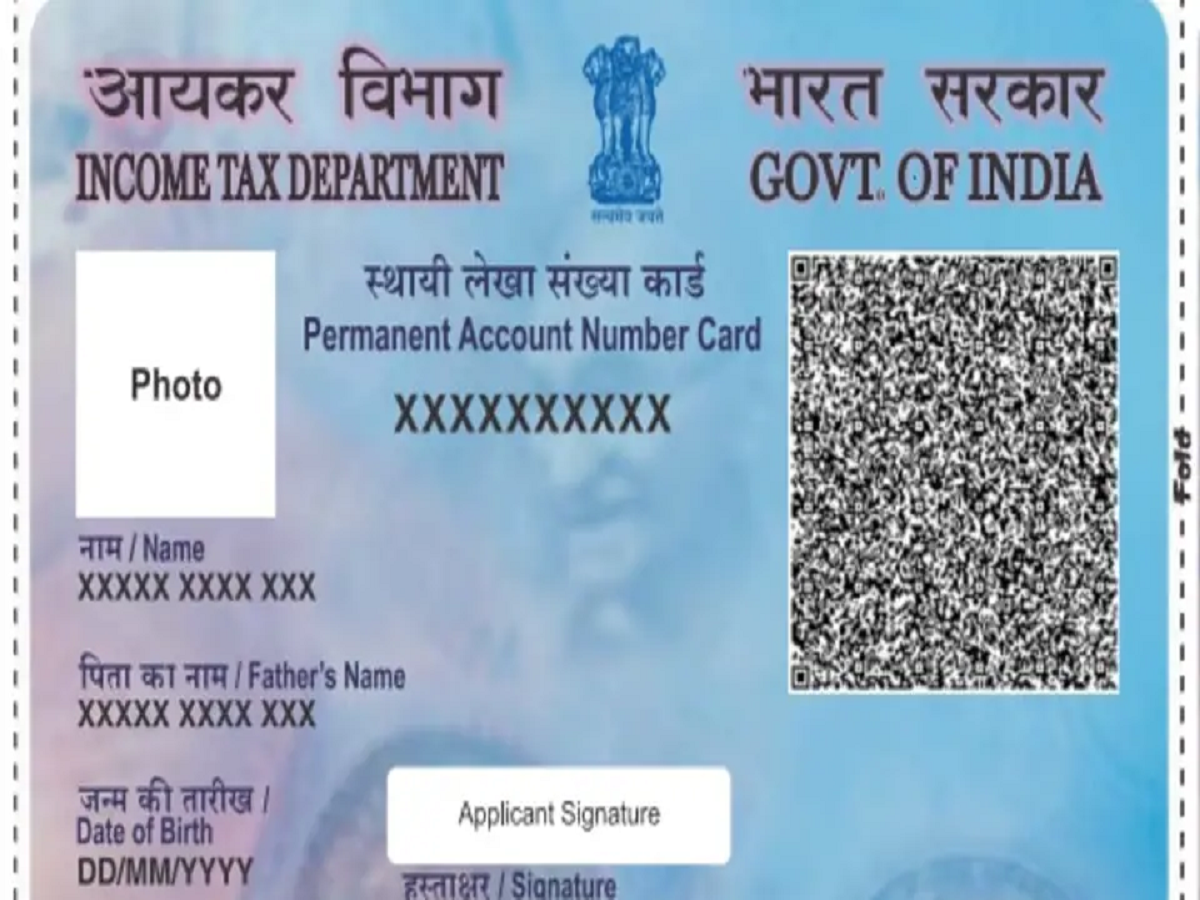CM was removed for Shrivalli — When will Kamal Haasan give his heroines power like ‘Pushpa’?
- byPranay Jain
- 06 Jun, 2025

South Indian cinema has taken the world by storm with its grand action sequences, massive sets, and larger-than-life heroes. Yet, behind this dazzling spectacle lies an uncomfortable truth—the persistent outdated mindset about female characters in these films.
While Indian women are breaking barriers, from landing on the moon to leading corporate boardrooms, some pan-India films still echo regressive ideas. Take Mani Ratnam and Kamal Haasan’s recent Thug Life, for example. There’s a cringe-worthy line where the hero, before going to jail, declares: “No woman of this house will step outside without a man, even if she is an old woman.” In an era celebrating women’s empowerment, such dialogue feels like a throwback to a darker past.
This isn’t isolated. Junior NTR’s Devra also presents women as needing to be sidelined during conflict, telling them to take children and go home while men fight wars. Many South films seem stuck in similar conservative portrayals, limiting women to passive or dependent roles.
Time for a mindset shift
The problem isn’t just in dialogue. In Thug Life, the lead character Shakthivel (played by Kamal Haasan) claims to love his wife yet keeps a much younger woman—his daughter’s age—under his protection in a morally ambiguous relationship. Does “rescuing” a woman justify such a power imbalance? And what message does this send when cheating and blurred moral lines are glamorized by revered figures like Kamal Haasan and Mani Ratnam?
For fans who admire these icons, such stories risk confusing the boundaries between right and wrong.
Learning from ‘Pushpa’ and ‘Bahubali’
Thankfully, some filmmakers in South India are redefining how women are portrayed. SS Rajamouli’s Bahubali introduced us to Sivagami — not just a queen, but a formidable ruler and symbol of justice whose authority commanded the kingdom. A decade ago, Bahubali proved women can be central forces, not mere accessories.
More recently, Sukumar’s Pushpa showed how a mass hero like Allu Arjun can fiercely respect his heroine, Shrivalli. Remember Pushpa 2 when Pushpa changed the Chief Minister just for insulting her? Or how he fought goons dressed as Maa Kali to protect his niece, with no shame or hesitation. These moments give women power, dignity, and agency rarely seen in mainstream South films.
Bahubali and Pushpa set shining examples for the industry: women on screen aren’t just “supporting actors” or “eye candy,” but vital, commanding presences — the real masterstrokes of storytelling.
It’s time for filmmakers like Kamal Haasan and Mani Ratnam to learn from these successes and break free from old stereotypes. The future of South Indian cinema—and Indian cinema as a whole—depends on giving heroines the strength and respect they deserve.






